The Royal Air Force (RAF) recently completed a Voyager air-to-air refuelling flight utilizing a blend of approximately 43% Sustainable Aviation Fuel (SAF).
The flight took place from RAF Brize Norton, traversing the North Sea and returning via Farnborough.
As part of scheduled training, the Voyager aircraft also performed air-to-air refuelling with Typhoon fighter jets. SAF, derived from waste-based sustainable feedstocks like used cooking oil, has the potential to reduce lifecycle carbon emissions by up to 80% compared to conventional jet fuel.
The adoption of SAF is expected to help the RAF reduce its dependence on global supply chains and fossil fuels while enhancing operational resilience.
This achievement marks another step in the RAF’s journey towards a sustainable aviation future.
It follows the world’s first RAF Voyager flight powered by 100% SAF, further emphasising the organisation’s commitment to environmental responsibility.


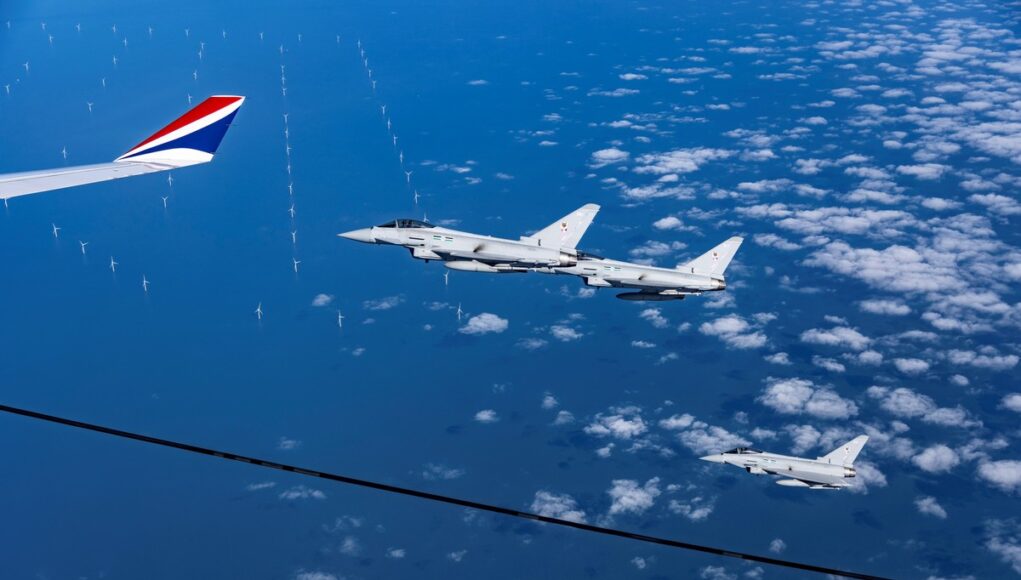
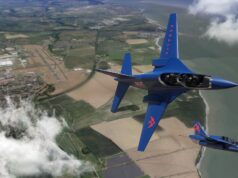
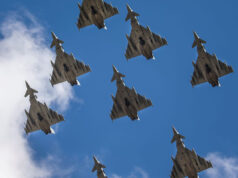
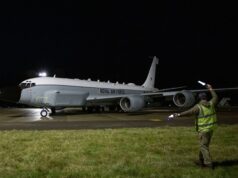
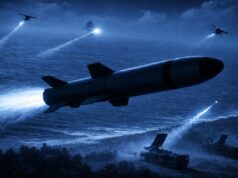
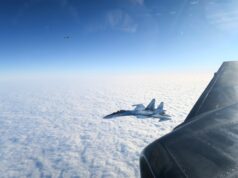
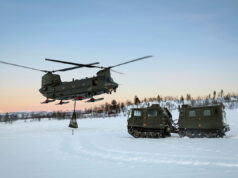


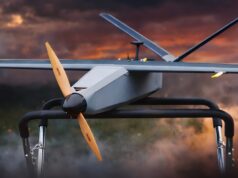
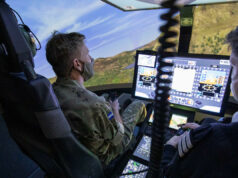

I think there was a story recently of trains being cancelled because over time their engines got clogged up using similar fuel. I hope we don’t get similar issues!
Personally I hope synthetic fuel (carbon neutral) will be cheap enough in the future to be a viable option. We can make and use as much jet fuel as we want then.
All I hope its just as good or better than the proper stuff..or it will degrade our forces capability-this is not the forces raison d’etre
Personally I cant put up with the continual green wash PC BS.
Better learn to put up with it, because it will only increase in future.
Something needs to replace petroleum products, and this is all about experimenting to see what works and what doesn’t. I also hope that it turns out to give at least equal performance to current jet fuel.
You’re only going to see even more green initiatives as climate change becomes increasingly noticeable and impacting in its consequences.
SAF sounds a great idea
• energy independence – crucial in wartime
• aligns with net-zero goals
Sorry what? Do you understand what greenwashing is?
Diesel engines fuel filters can get clogged because biodiesel has a habit of of forming waxy deposits. Shouldn’t really be an issue for turbines that can in principle burn any combustible liquid whether it has waxy bits in it or not. The other ‘Diesel’ issue is whether the viscosity of the fuel is a problem for the fuel pumps. I guess that could be a problem here too?
The upshot of making our own synthetic fuel would also be that it would be unaffected by global oil prices.
deleted as double post
While it is not an ideal solution as it still emits CO2 high up in the atmosphere and still produces particulates (which kill people) It is far better than using petroleum based fuel. Hopefully in the future we will be able to get off SAF too but for now (and certainly for the military) it is a significant progress.
This fuel is not a solution.
Cooking oil derived, makes me imagine a flying chippie! That’s what I call “Global Britain” power projection!
I’m assuming that only the Voyager was using SAF, not the Typhoon, right? Is the fuel used by the Voyager totally separated from the fuel carried for refuelling? Can it refuel itself?
Voyagers just have 1 fuel system, max 110Ton which it either uses it self or offloads to receiver, so the Fuel passed to Phoons would be SAF.
No. Tanker aircraft don’t have separate fuel tanks for their own use and for passing to receiver aircraft. That would reduce the range of the A330 if was to be used on a passenger/cargo trip